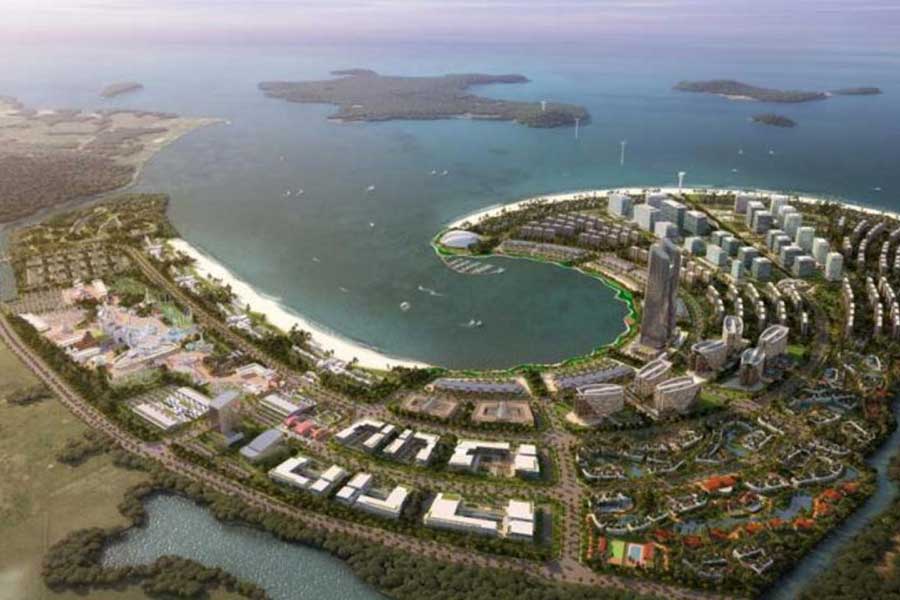Remember China’s Casinos In Southeast Asia? They Were Just Launch Pads For Infrastructure Developments
Using Chinese Gambling Losses To Create New Infrastructure
Do you remember the Chinese casinos that began operating along the borders with China in Cambodia and Laos? The mega casino developments in Metro Manila in the Philippines?
Well, it turns out that a little-known aspect of China’s Belt and Road Initiative has been the use of casino developments to spur much needed infrastructure. Beijing knows the behavioral aspects of its people well, and it is noticeable that on both the Cambodia and Laos borders, sufficiently close to China (where gambling is illegal) to attract mainland Chinese tourists, casinos began to be established over ten years ago.
What is surprising though is that the income from this has generally be recycled into active infrastructure projects with real value. Casinos around Cambodia’s Sihanoukville Special Economic Zone, (SSEZ) which for a while resembled a shanty town with several dubious looking betting shops and dives, has been transformed into a world class trade zone home to manufacturing enterprises, led by garments and textiles. The SSEZ is now home to 170 enterprises as well as university buildings, legal service centres, libraries, and shopping and employs over 30,000 people.

The Sihanoukville SEZ
It’s a similar story in Laos, where the Boten Special Economic Zone (BSEZ) is currently the most expensive infrastructure development project in Laos. Located in Luang Namtha Province across the border from the small town of Mohan in Yunnan, China, the SEZ spans 1,640 hectares. A border and frontier area, Boten has undergone dramatic changes over the past two decades. It has evolved from a remote border crossing (before 2000), to a booming Casino town between 2007–11, to becoming an active construction site and city-in-the-making (2016 – present), and is considered part of China’s Belt and Road Initiative, as its 3,430-hectare China–Laos (Mohan–Boten) Cross-Border Economic Cooperation Zone (ECZ), is a large transboundary free-trade zone that today encompasses Boten as well as Mohan on the Chinese side of the border.
These, in addition to other casino operations in the Philippines’ Metro Manila have not just been allowed to become solely the cash cow preserve of what used to be Casino magnates and billionaires such as the late Stanley Ho. Instead, this stream of often dubious Chinese money into Asian casinos has been washed and replaced into legitimate infrastructure projects with longer-lasting value. In a curious way, Chinese nationals gambling losses in Asia have helped pave the way for roads, bridges, railways and even universities.
Although unorthodox, the Chinese have found an unusual way to transfer the income raised from gambling vices and managed to put them, together with their local BRI partners (who also do not wish to develop gambling addictions among their own population) into good use as capital generating machines to finance later cross-border trade and manufacturing developments.
While “Play Mahjong – It Helps The Economy” has not yet entered into common parlance, its use in turning backwaters into productive regions is a sign of both Asian ingenuity and the evolution of the BRI’s infrastructure in its own right.
Related Reading
About Us
Chris Devonshire-Ellis is the Chairman of Dezan Shira & Associates. The firm assists British and Foreign Investment into Asia and has 28 offices throughout China, India, the ASEAN nations and Russia. For strategic and business intelligence concerning China’s Belt & Road Initiative please email silkroad@dezshira.com or visit us at www.dezshira.com





